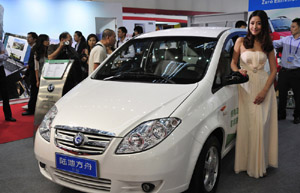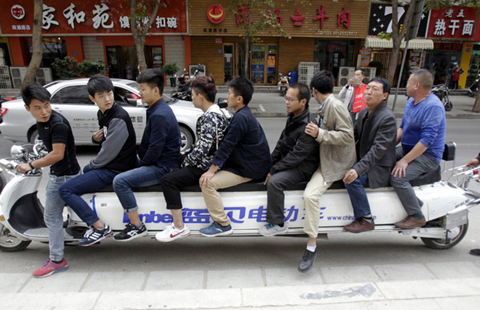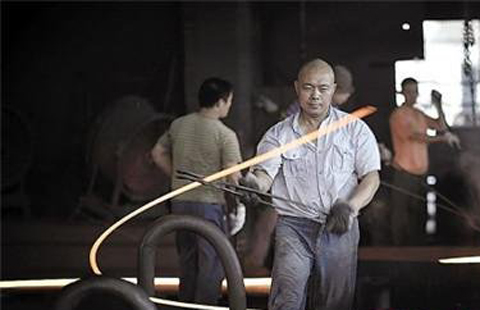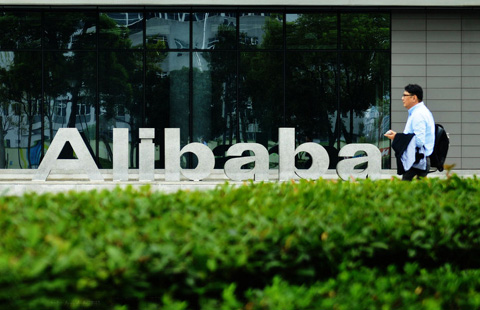Jump-start for new-energy vehicles
By Fu Chao (China Daily) Updated: 2014-10-13 11:33In addition to Beijing, a range of other cities across the country also have electric vehicle initiatives underway.
In Qingdao, the well-known coastal city in Shandong province, 400 pure electric buses just hit the road, bringing the total to 580.
The government of Yangzhou, Jiangsu province has purchased 314 plug-in hybrid buses scheduled to begin operation soon. Its transport blueprint calls for completion of construction on 80 public electric charging poles by the end of the year.
Challenges ahead
Despite growth in sales and governmental moves to drive wider use, analysts said there are still big challenges ahead.
Development of a full-fledged electric transport network, especially in large cities like Beijing, faces a range of difficulties, said industry experts.
They noted that electric taxi drivers in suburban Beijing would need about five hours to charge their vehicles, so they use an existing fast-charging system that only takes one and half hours but damages the battery. A fully charged electric can run 160 to 200 km, so taxi drivers have to recharge in the middle of the day.
Lin from the National Engineering Laboratory for Electric Vehicles said that there are electric taxis on the market that can run more than 300 km, but they cost more and have to carry heavier batteries.
But the biggest problem in promoting new-energy vehicles in the public sector is how to make State-controlled entities adjust and embrace a new system, said Lin.
"They are not as flexible as a commercial company. For them, to use new-energy vehicles and adopt new operational and managing systems might be too much bother."
Governmental policies and support are necessary in those sectors as well as for business and individual owners, said Lin.
|
 |
 |
| Top 10 cheapest new energy cars promoted in China | China lifts resource tax to 6% for crude oil, natural gas |
- Kim Soo-hyun unveils Beijing Hyundai ix25
- China to have the first Universal theme park
- Chinese yuan penetrates African markets
- China continues easing investment approvals
- China Southern acquires smaller domestic rival
- China sees deeper iron ore price declines
- Eagerness to invest Down Under is rising
- 'Smart' system that customizes garments unveiled
















